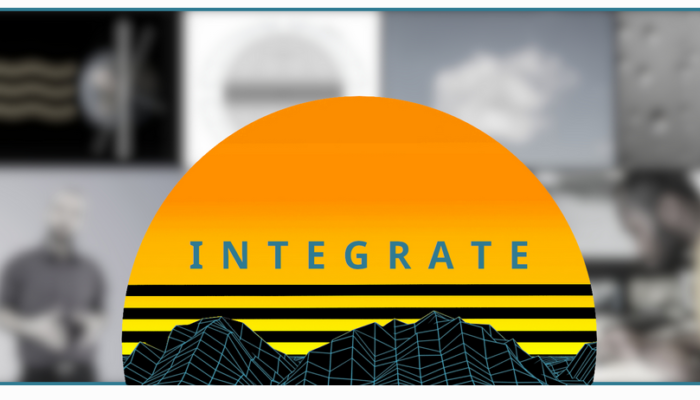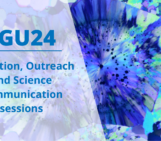
If you are a higher-education instructor and want to teach climate science and a suite of relevant technical skills to those with no (or minimal) prior knowledge of climatology, you may want to begin with INTEGRATE (Integrated Teaching of Atmospheric Science, Technical Skills and Empirical Methods). This teaching package is self-contained, open-access, and available online. Topics covered include physical climatology, empirical methods, programming, atmospheric data collection and analysis, all taught through a series of interactive lectures and exercises.
The INTEGRATE teaching package is available online at: http://integrate.mutz.science/
On June 11, 3 members of the INTEGRATE team joined a call to have an informal chat about teaching climate science using INTEGRATE, and to encourage EGU members to consider applying for the next year’s higher education teaching grant. The recording of their conversation is shown below.
Watch an informal chat with members of the INTEGRATE team, Sebastian Mutz, Daniel Boateng and Solmaz Mohadjer, on teaching climate science. (Credit: Solmaz Mohadjer)
Want to use INTEGRATE with your students?
To give INTEGRATE a try, start by checking out the teacher guide and the introductory video. The entire course source code is also available on GitHub. For more information or if you have a question, get in touch with Sebastian Mutz (sebastian.mutz@uni-tuebingen.de).
Consider applying for the EGU’s Higher Education Teaching Grant
The development of the INTEGARTE package (version 1.0) was supported by the 2020 EGU Higher Education Teaching Grant program which funded the production of 14 geosciences teaching projects designed and carried out by geosciences educators from 16 countries on 5 continents. These grants (of up to 750 EUR) support the preparation of open-access, university level teaching packages covering any geoscience topic including laboratory and fieldwork.
The projects funded in 2020 cover a wide range of topics including but not limited to measuring atmospheric ozone, mapping of soil carbon sequestration, modelling of flood hazards, virtual field trips, teaching of geophysics using smartphone technology, and raising awareness on gender bias in geoscience. Summaries of these projects are available on the EGU news page. Complete packages will be accessible online as they become available.
To learn more about this program and other opportunities related to higher education teaching of geosciences, check out the EGU’s website.

